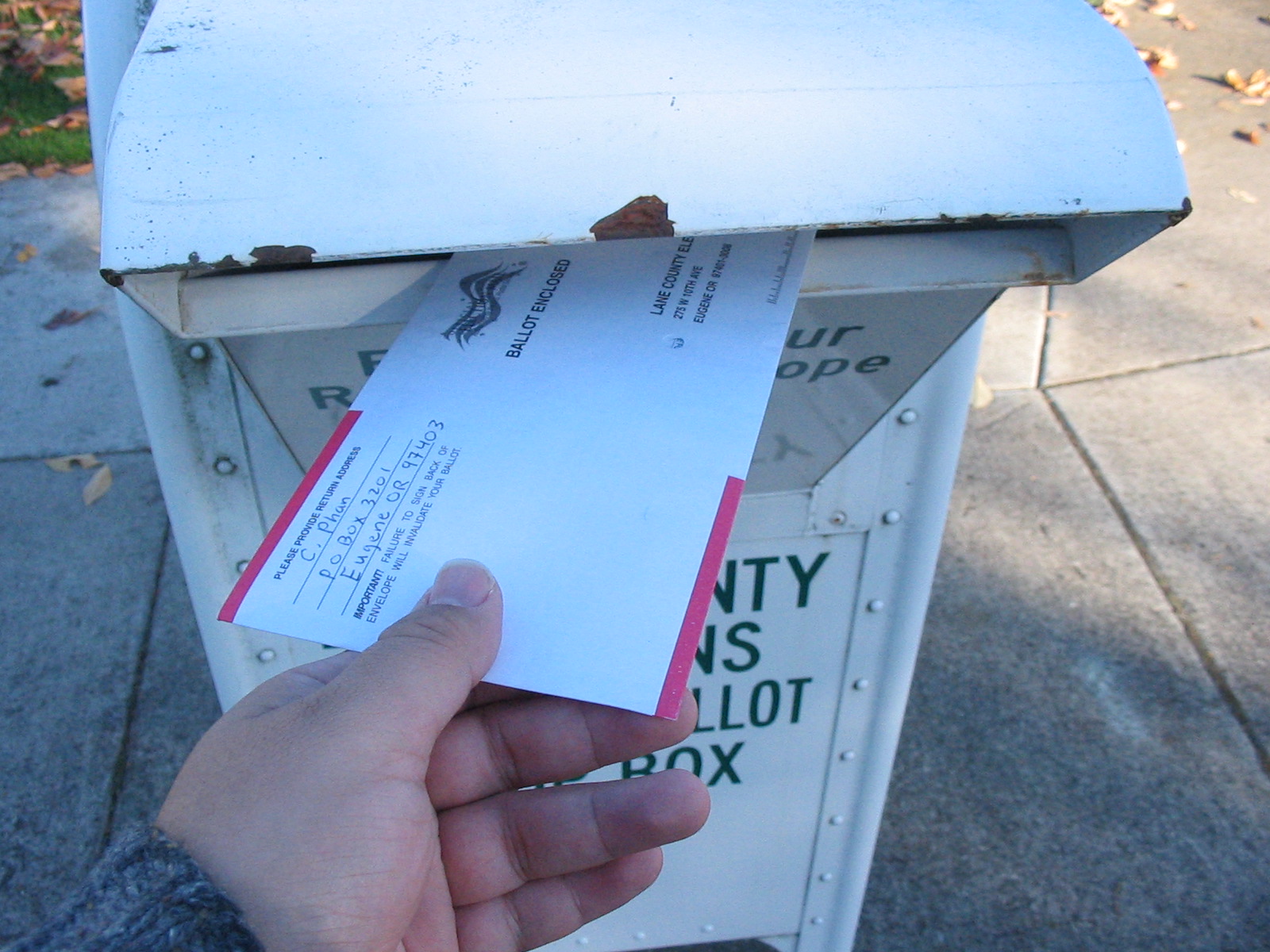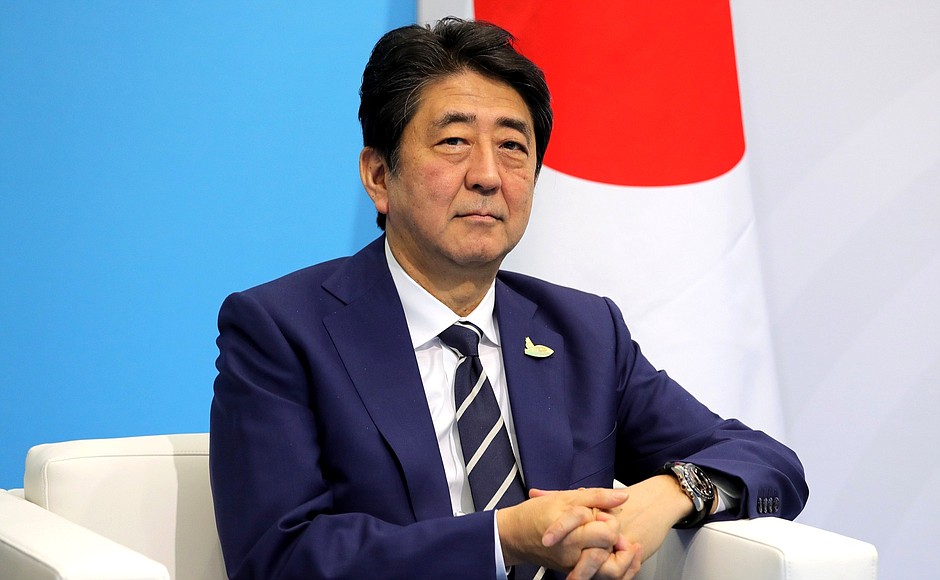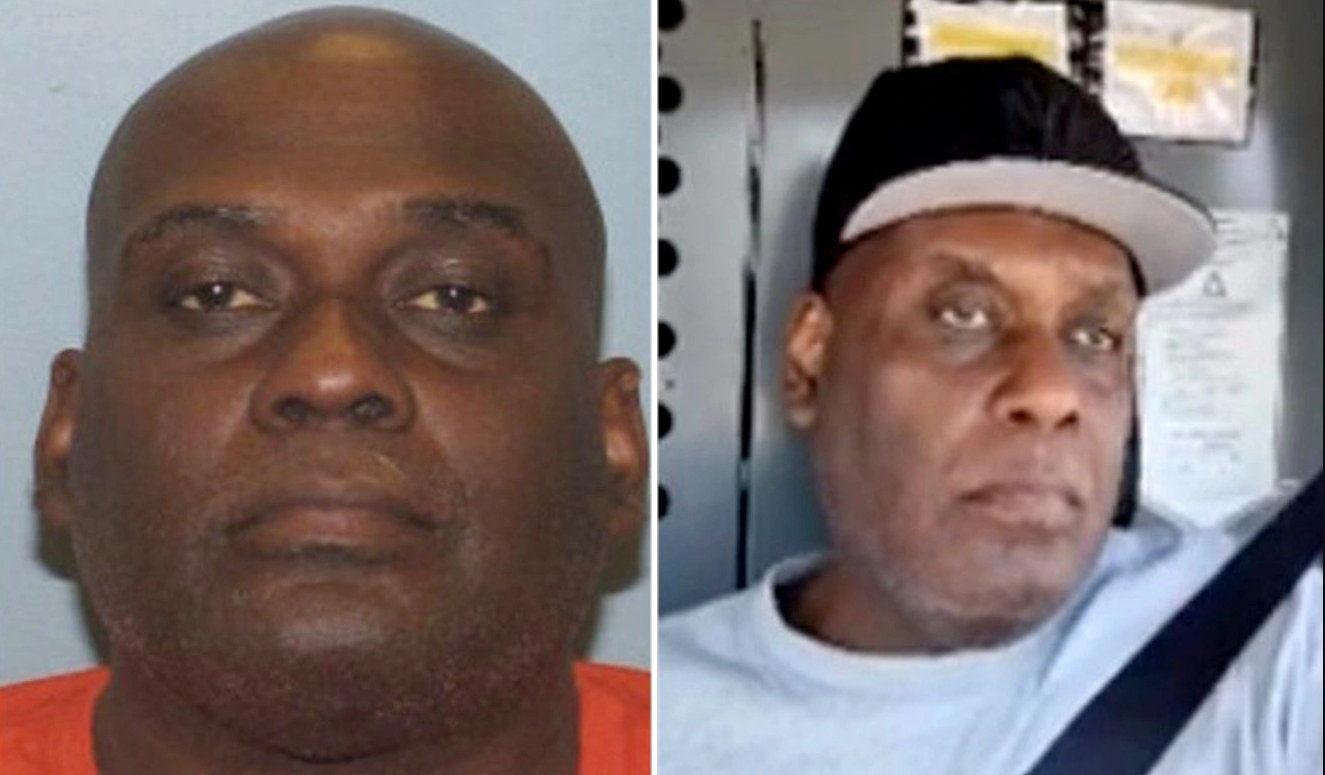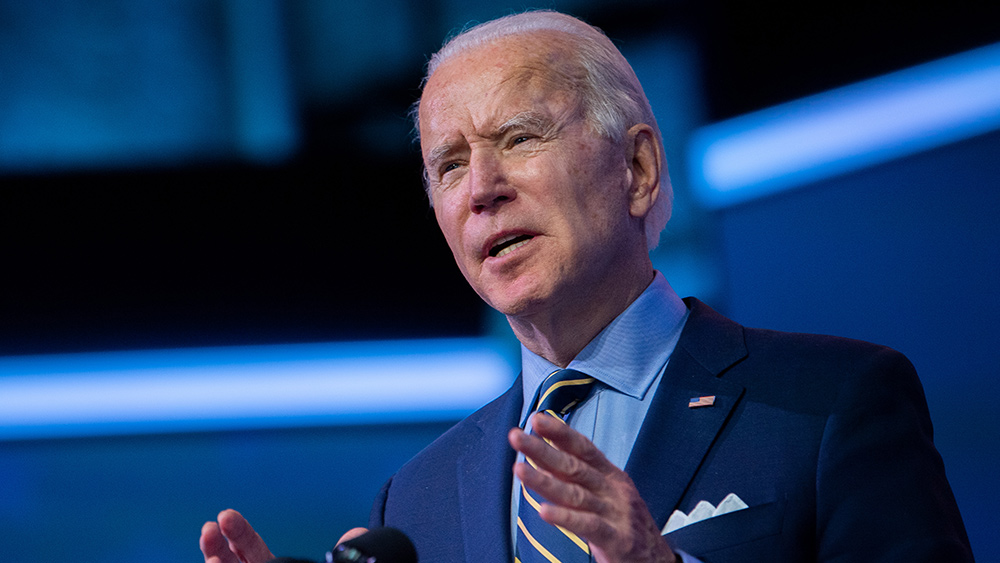
President Donald Trump has been warning about how mail-in ballots are a recipe for disaster, only to be lambasted by the left for supposedly trying to “tamper” with what is quickly shaping up to be a modified 2020 election process. But CBS recently conducted its own investigation into the legitimacy of mail-in ballots, revealing that they are, in fact, highly problematic.
CBS Weekend News journalist Tony Dokoupil decided to set up a fake campaign “headquarters,” to which he mailed 100 fake “ballots” to himself via the U.S. Postal Service. Dokoupil used a P.O. Box that he rented for the address, and proceeded to drop the ballots into a standard blue post office street-corner box.
After waiting several days to ensure the ballots all had time to process and be delivered, Dokoupil went to his P.O. Box to pick them all up, only to discover that many of them went mysteriously missing.
“I don’t see anything back there for you,” was the response a postal employee gave Dokoupil when he asked for a whole bunch of missing ballots that did not arrive when they were supposed to arrive.
“Nothing?” Dokoupil asked.
“No,” the woman responded back.
Dokoupil pressed the postal worker numerous times to check again and again for any missing pieces that might be lingering in the back room, to which she responded that there was simply nothing more for him. Dokoupil would have to, in essence, simply accept the ballots he received.
”Twenty-one percent of our votes hadn’t materialized after four days,” Dokoupil reported, noting that eventually most of these remaining ballots did appear, many days later. But still, some of them never arrived, and to this day remain missing.
Democrats don’t believe that every vote counts after all
At the end of his experiment, Dokoupil received only 97 of the ballots he had mailed to himself. The remaining three vanished into the USPS void, it appears, which may not seem like all that much except for the fact that hypothetically speaking, three people’s votes were never received and thus were never counted.
“In a close election, three percent could be pivotal, especially in what’s expected to be a record year for mail-in voting,” he notes, adding that these three mock voters were “disenfranchised by mail,” which the Democrats claim is foolproof.
Former Arizona election official Tammy Patrick agrees that mail-in voting is a really bad idea. She is quoted as saying that mailing in ballots is “setting up the voters with false expectations and you’re setting them up to fail.”
Meanwhile, left-wing media pundits such as George Stephanopoulos continue to mock the idea that there are any risks involved with mail-in voting. During a recent segment of his The Week program, he lectured White House Chief of Staff Mark Meadows, declaring:
“The President continues to warn that it’s going to be rigged, that his word, by mail-in ballots, even though there's no compelling evidence that mail-in ballots are tied to widespread voter fraud.”
ABC’s Martha Raddatz offered a similar critique during a recent episode of her show, indicating that President Trump is making these claims about mail-in voting “without evidence,” chiding the idea that mailing in ballots could lead “to rampant fraud.”
“Republican voters listen to President Trump when he expresses concern, usually without any evidence, we should note, about the integrity of mail ballots,” added Nate Silver, a former New York Times journalist who likewise erroneously discounts the idea that mail-in voting comes with any risks whatsoever.
“Maybe these reporters simply need to talk to their colleagues at CBS and look at their experiment,” writes Scott Whitlock for mrcNewsBusters. “Surely CBS journalists are trustworthy, right?”
For more related news about the risks associated with mail-in voting, be sure to check out Corruption.news.
Sources for this article include:
Please contact us for more information.





















